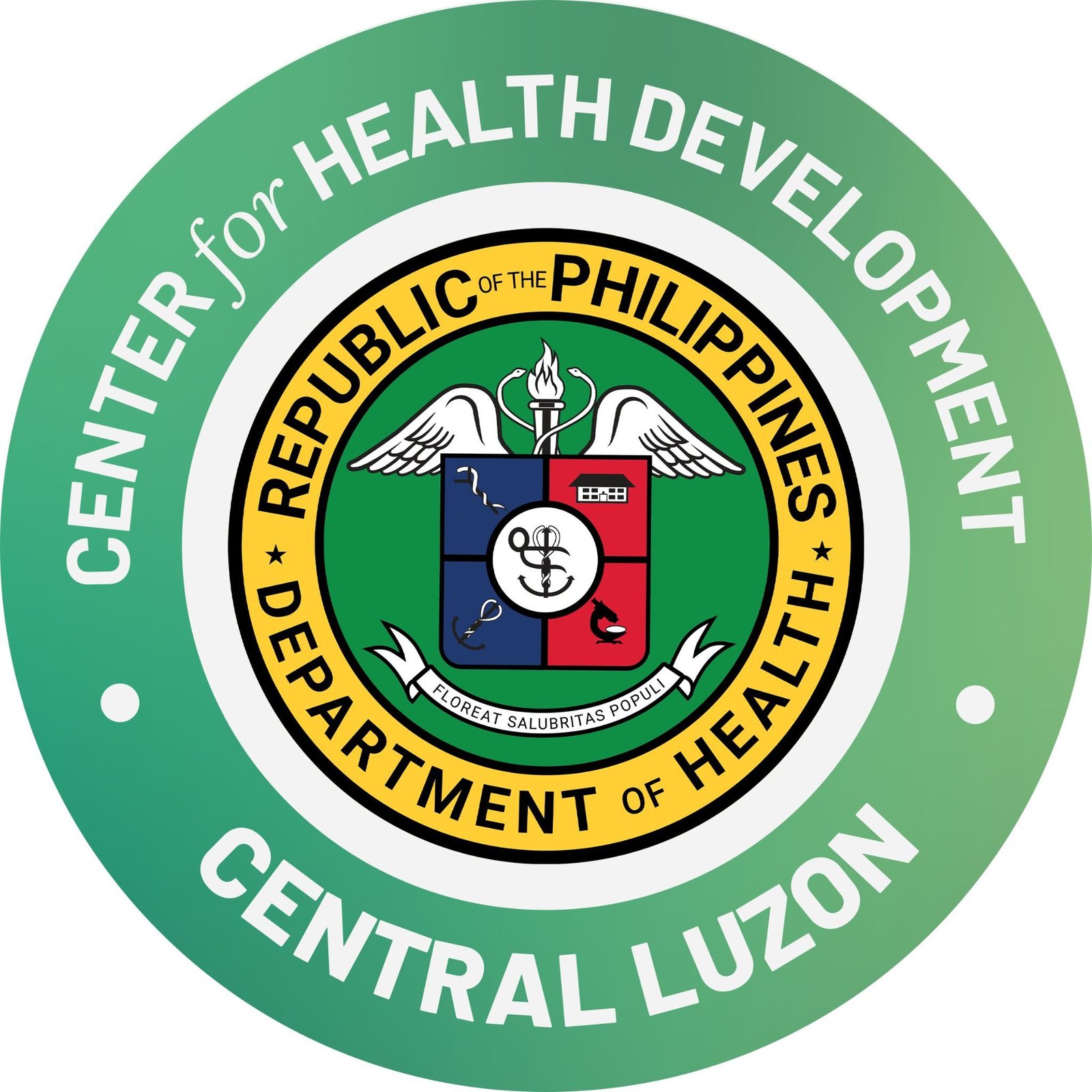Health Secretary Teodoro J. Herbosa has called on local government units to intensify the enforcement of road safety laws, particularly the mandatory use of helmets and seatbelts, as part of a broader effort to prevent trauma-related injuries and deaths.
Speaking at the inauguration of two new specialty centers at the Jose B. Lingad Memorial General Hospital (JBLMGH) — the Advanced Comprehensive Center for Orthopedic Care and the Basic Comprehensive Center for Trauma and Burns — Herbosa emphasized that trauma care must begin at the site of injury, not just in hospitals.

“Trauma care starts at the roadside, at home, in schools — not in the emergency room,” Herbosa said, stressing the importance of timely first response and prevention.
Citing data that road crashes are the leading cause of death among Filipinos aged 5 to 25, the health chief urged LGUs to strictly implement helmet laws and pass ordinances imposing strong penalties for violators.
He also noted the financial burden of orthopedic and trauma cases, which are among the most expensive to treat, and called for community-level first aid training through initiatives like “Stop the Bleed.”
JBLMGH Chief Dr. Monserrat Chichioco reported that the hospital handled over 27,000 trauma cases and more than 20,000 orthopedic consultations in 2024, with 7,400 surgeries performed.
Herbosa underscored the need for a fully integrated trauma care system — from prevention and emergency response to rehabilitation — backed by technology such as trauma registries to track patient outcomes.
The new specialty centers are part of the Department of Health’s Eight-Point Action Agenda and efforts under the Universal Health Care Law to expand access to specialized services.
“Infrastructure is vital, but it must be matched by policies, public engagement, and a connected trauma care system to truly save lives,” Herbosa concluded. (PIA 3)














